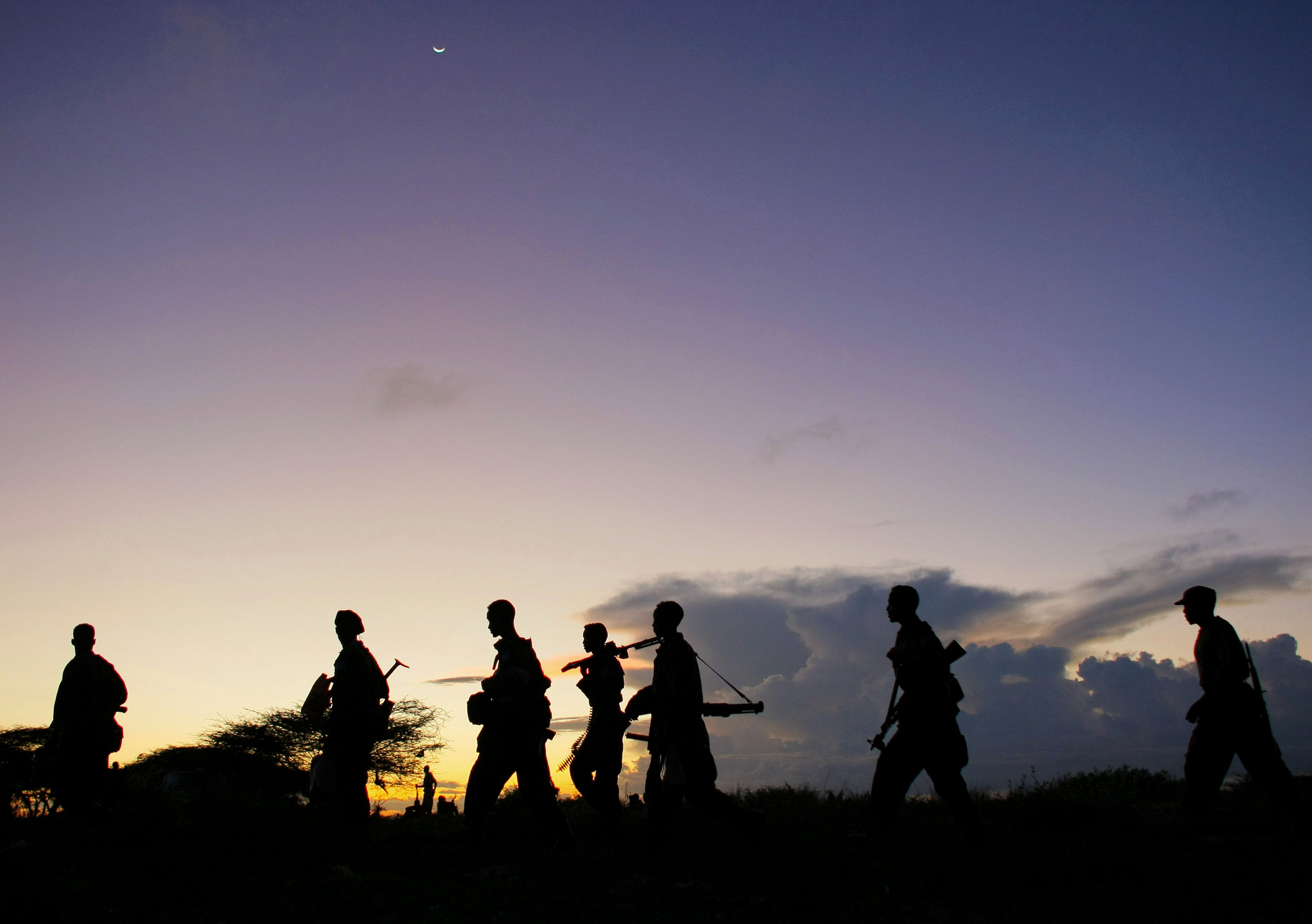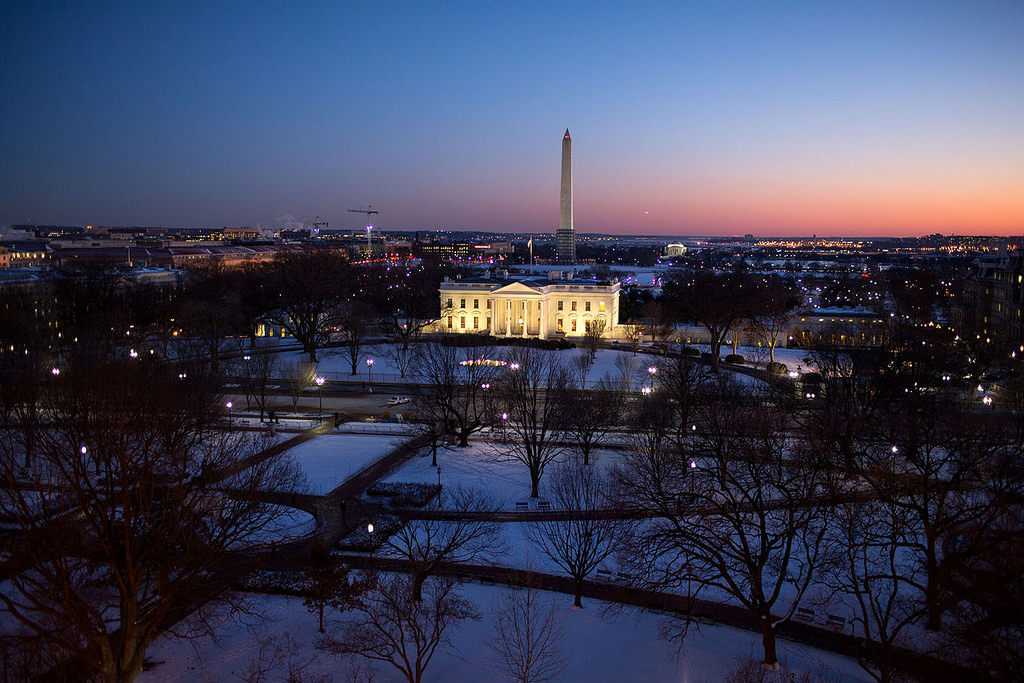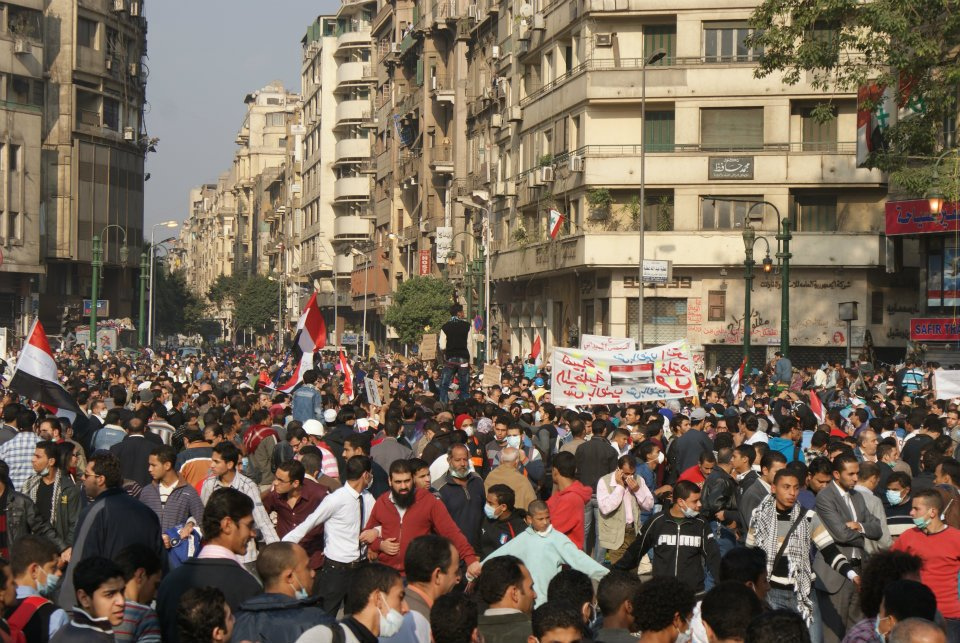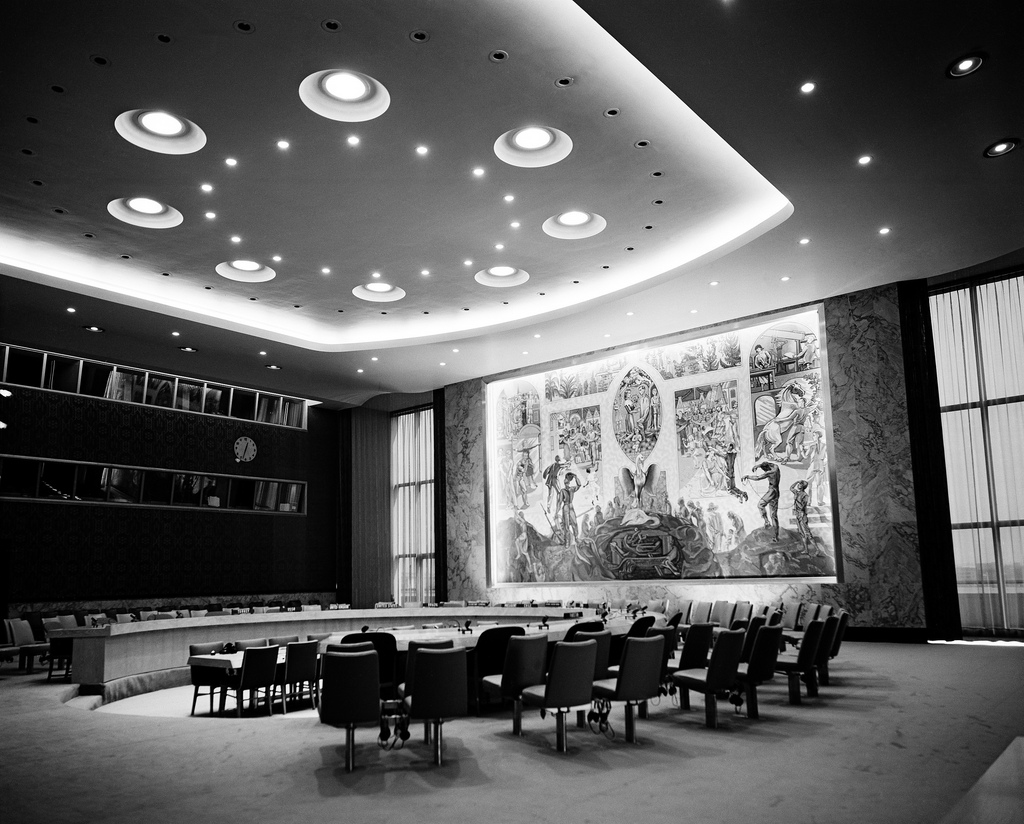By Cyanne E. Loyle, Kathleen Gallagher Cunningham, and Joe Young.
Scholars and policymakers have a fairly good sense of how states organize and govern. Some states, of course, are better at it than others. There are “Norways” and there are “Somalias”. In short, some states are able to build legitimacy, and to maintain a strong social basis of support without relying on high levels of coercion or paying off elites to maintain control. Less is known, however, about how rebel groups, many of whom aspire to statehood, tackle these same challenges. Some rebels are clearly able and willing to build similar patterns of legitimacy, but we have little understanding of why they do so, or when the succeed.
Last week, we organized an NSF sponsored workshop on Rebel Group Governance and Legitimacy to start a conversation around these critical issues. The workshop was a two-day event held at CIDCM at the University of Maryland with a follow-up policy working group co-sponsored by Joe Young at American University.
The workshop and policy working group marked the launch of a new research program into the diverse nature of rebel political institutions and the relationship between rebel organizations and the citizens they represent/control. The goal of the workshop was to collectively delve into central questions in this field such as under what conditions do rebel actors attempt to (and subsequently succeed) in providing governance to civilians? How and when do rebels attempt to create and maintain legitimacy within local populations? What are the varieties and determinants of rebel political structures? How do these features of rebel politics affect state behavior towards rebel actors during conflict and throughout peace processes?
The workshop included both quantitative and qualitative scholars presenting ongoing research on militarized non-state actors, with a specific emphasis on treating such actors as politically complex and dynamic. Mara Revkin (Yale University) presented a pilot study of a new survey being conducted in Mosul, Iraq, of individual’s decision to stay or leave the city once the Islamic State established control. Zachariah Mampilly (Vassar College) and Megan Stewart (American University) presented a new typology of rebel governance explaining variation across different rebel political institutions. Focusing specifically on rebel institutions, Reyko Huang (Texas A&M), Katherine Sawyer (Stony Brook), and Kathleen Cunningham (Maryland) examined the decision of rebel groups to hold elections during conflict, despite the possible costs and risks. Cyanne E. Loyle’s (Indiana) presentation explored the use of rebel judicial processes as a strategy of cooptation and coercion. And turning to the impact of the international community on rebel strategy, Belgin San-Akca (Koç University) discussed the role of international support on rebel governance strategies. Participants were joined by discussants, Jessica Maves Braithwaite, Bridget Coggins, Amelia Hover Green, Danielle Jung, and Lee Seymour.
The discussion yielded a few key insights. First, it is incumbent upon us to push boundaries in the field about how we conceptualize “rebel” actors. Several participants advocated for a deeper understanding and acknowledgment that rebels are people that are often deeply connected to society. This is supported by recent and ongoing work by Zachariah Mampilly on Sri Lanka, Ana Arjona and co-authors on rebel governance broadly, by Jessica Maves Braithwaite and Kathleen Cunningham on the origins of rebel groups, and by Paul Staniland’s recent book on rebel networks. Without an earnest acknowledgment that armed non-state actors are more than the opponent of the state, we fail to even ask these critical questions about how rebels operate in state-like ways, and when they might even out-perform existing states in multiple ways.
Second, there is little consensus in the field, or even amongst the scholars gathered for this meeting, on what “governance” means outside the context of the Weberian ideal type. A lack of consensus is not necessarily problematic, especially since a critical look at rebel governance and legitimacy has been missing in many areas of conflict studies. However, this issue requires careful work, especially because a key challenge for policymakers in contemporary fragmented conflicts is to ascertain who among a set of rebels has more legitimacy and ability to govern. A key challenge in this area is bringing together the insights of in-depth qualitative work at a stage where large-n data projects are beginning so that research reflects a real world understanding of conflict dynamics on the ground, but can also produce generalizable trends and findings.
The final event of the workshop was a meeting with participants and policymakers related to understanding what we know about rebel governance, what we would like to know, and how we can work together to understand and communicate about these issues. Policymakers, think tank scholars, and practitioners in the field all offered advice on what they know, what they would like us to tell them, and how to make these discussions more routinized.
This workshop was the first event in a series. Our long-term goal is to enhance the capacity of conflict studies to address the growing global challenges associated with internationalized rebel organizations and transnational terrorism, and especially to understand these would-be states abilities to govern. Groups, such as IS/ISIS, Boko Haram, and Al Shabaab, are growing in their global reach and levels of violence, while work on how these organizations are governed, make political decisions, and respond to their domestic and international constituencies is still in its infancy. Understanding what types of groups are likely to govern well (respect human rights, support democracy, provide public goods, etc.) could be beneficial for scholars and policymakers alike.
The shifting constellation of actors in conflict-affected areas, such as Syria, Iraq, and Libya, means that experts on any particular organization are few and far between, increasing the necessity of generalizable and systematic work on rebel governance and structure that can be paired with on-the-ground information to provide a more complete picture.
Please contact us (cloyle@indiana.edu and kgcunnin@umd.edu) to let us know about your work and if you would like to be included in future events and working groups.
Cyanne E. Loyle is an Assistant Professor at Indiana University and a Global Fellow at the Peace Research Institute Oslo (PRIO). Her work looks at the strategic use of transitional justice processes by governments and rebel groups. Kathleen Gallagher Cunningham is an Associate Professor at the University of Maryland. Her research focuses on secession, political violence, and nonviolent conflict. Joe Young is an Associate Professor at American University and a Lead Editor at PV@Glance.






